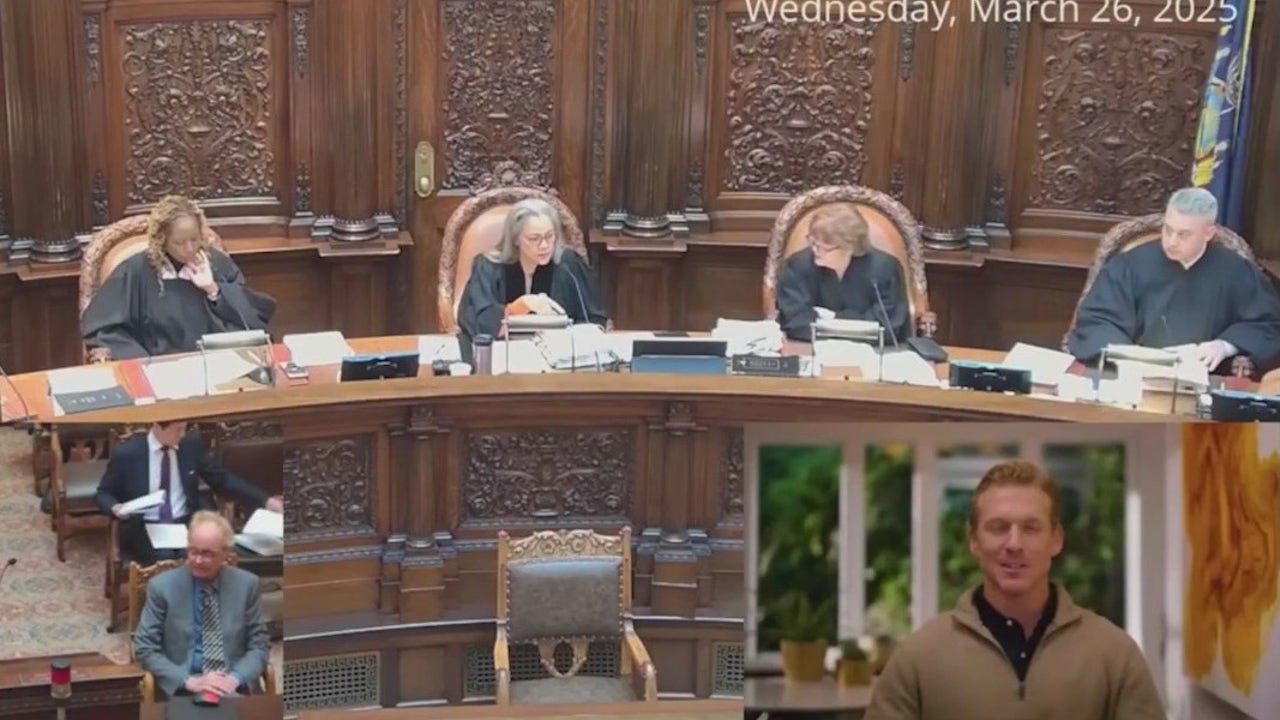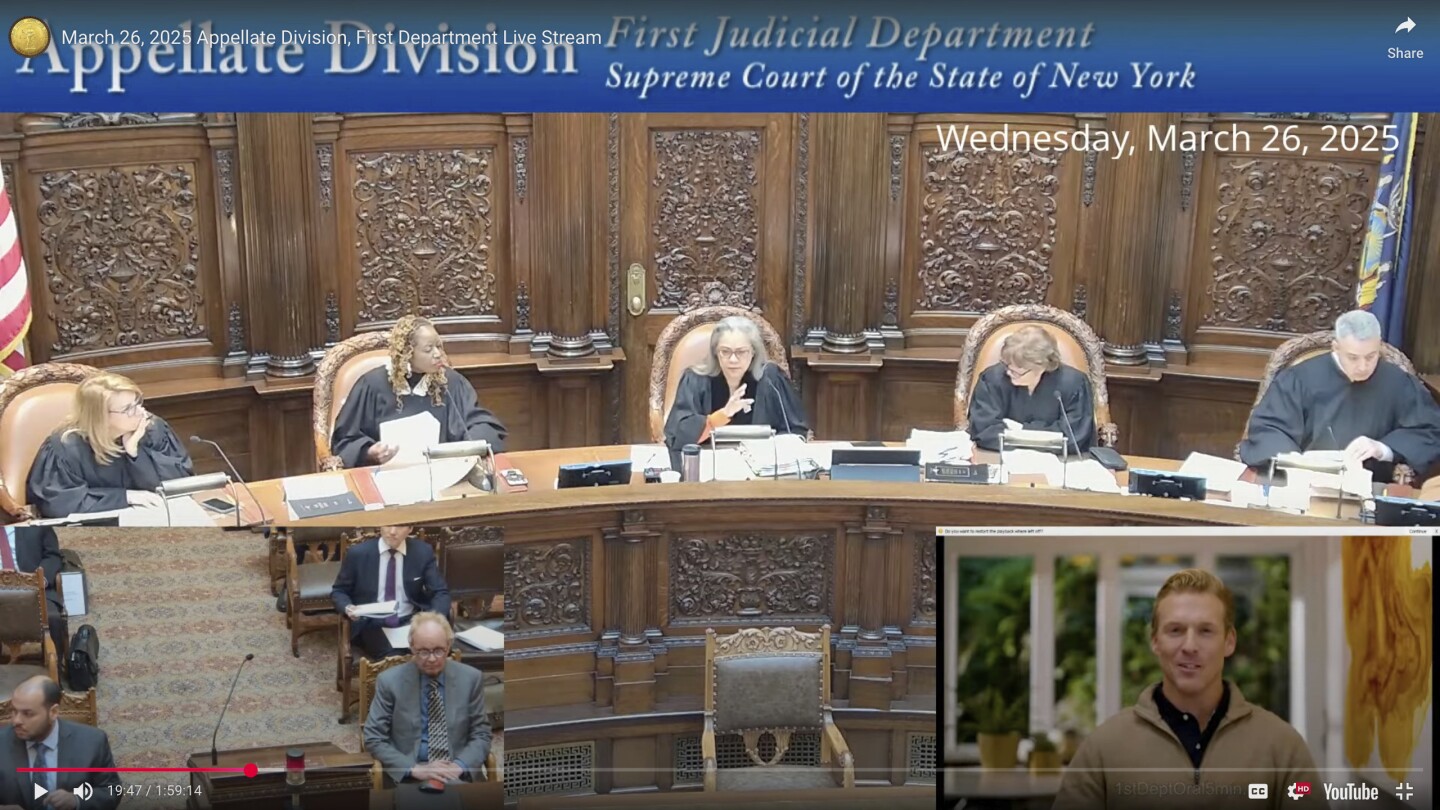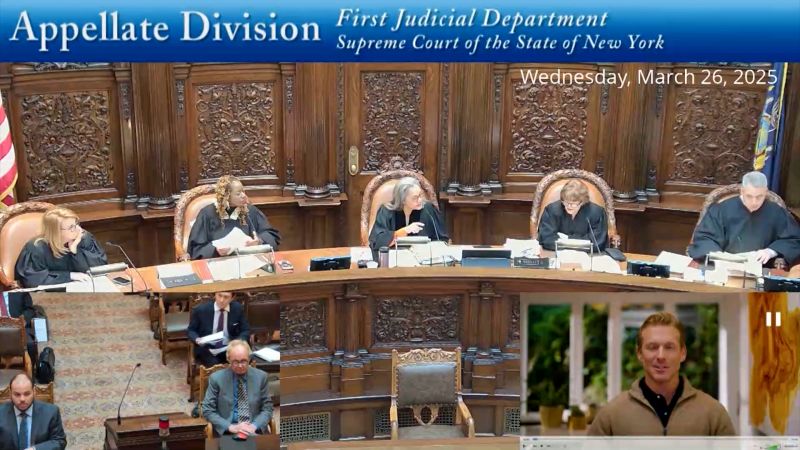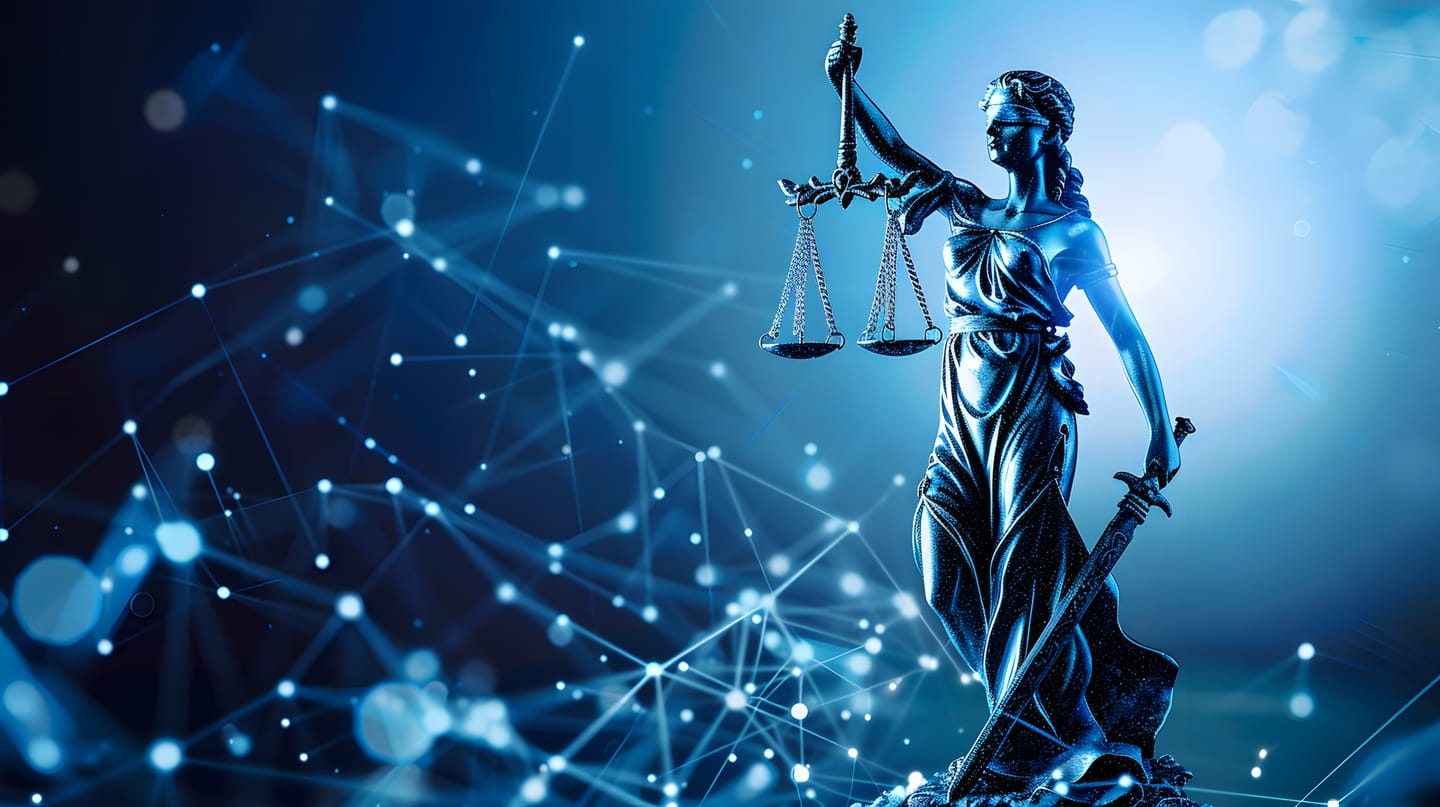A peculiar case shook the New York justice system on 26 March 2025, when plaintiff Jerome Dewald attempted to be represented by a digital avatar created by artificial intelligence in an employment dispute. The judges immediately recognised the situation and intervened decisively when the non-existent "legal representative" appearing on the video screen spoke within the historic walls of the appeals court.
Dewald, who appeared in the case without a lawyer, later explained that he used a product created by a San Francisco tech company to generate the avatar, fearing he could not effectively present his arguments in person. The court strongly condemned this attempt, highlighting the challenges and limitations of using artificial intelligence in the legal system. Dr. Adam Wandt, a professor at the John Jay College of Criminal Justice, stated that judges are unlikely to accept AI avatars participating in legal proceedings shortly.
The use of AI in legal practice has caused issues before – in June 2023, two lawyers and a law firm were each fined $5,000 after citing fictitious legal cases generated by AI research tools, while in the same year, Michael Cohen, Donald Trump’s former attorney, also referenced AI-created court decisions in his filings. Although Arizona’s Supreme Court began using two AI-generated avatars in March 2025 to summarise court rulings publicly, experts agree that courts face significant challenges with the rise of artificial intelligence, particularly regarding AI-generated evidence, virtual representations, and algorithmic analyses.
Sources:
1.

2.

3.











